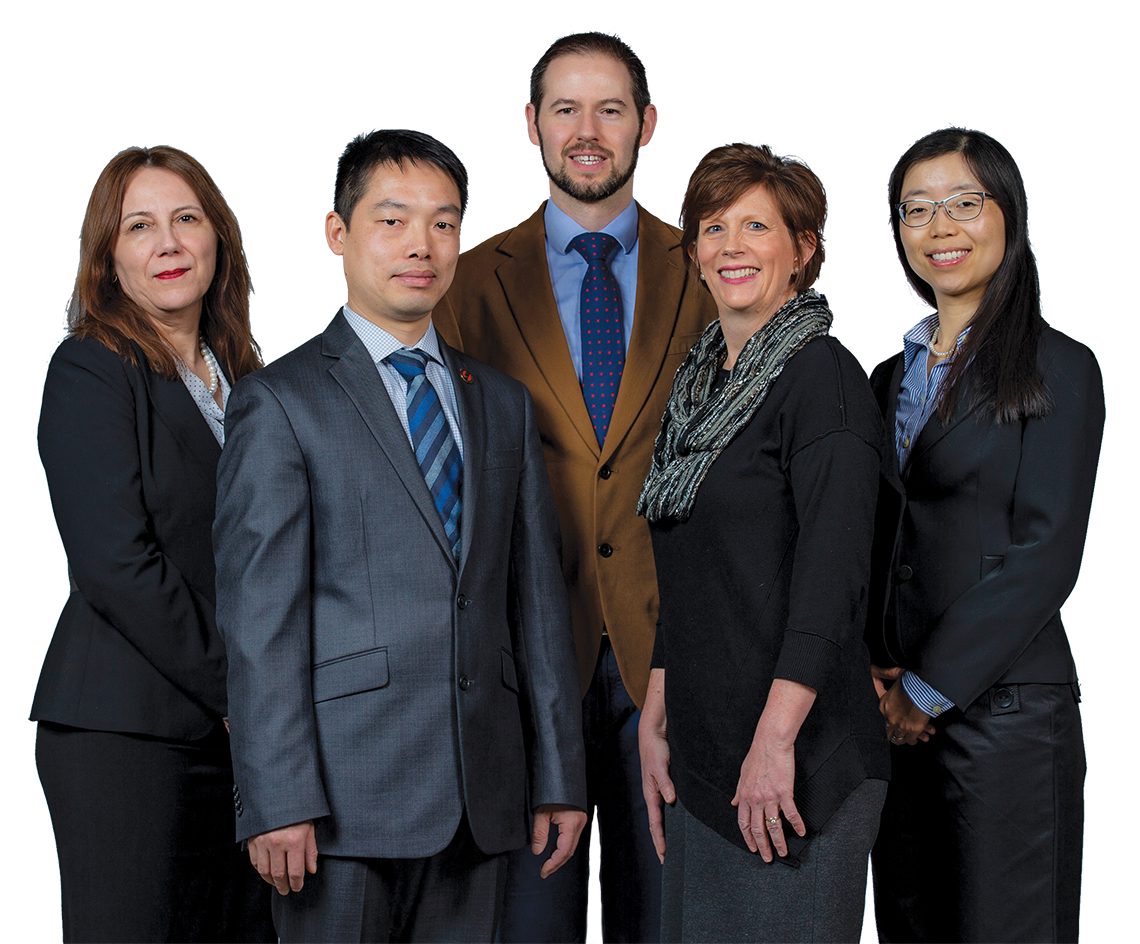In graduate student professional skills education
Could graduate students build more than just research skills during their thesis projects? An interdisciplinary project led by Cyclone Engineer Shan Jiang aims to address this question through the first of its kind Graduates for Advancing Professional Skills (GAPS) program.
Meeting real-world needs
GAPS was inspired by a recently conducted survey of Iowa State University graduate STEM students. An overwhelming majority of the survey respondents considered project and time management to be the most important skills to have for thesis and future career research.
While graduate students are familiar with working in an academic research setting, Jiang says grad students rarely have the opportunity to practice professional skills in a “real-world” setting. STEM companies and recruiters agree.
“On the other hand, all graduate students are working on their thesis,” said Jiang, assistant professor of materials science and engineering. “The idea with GAPS is to integrate project management training with thesis research by treating the ‘thesis’ as a project.”
GAPS provides a solution by creating learning communities and introducing a one credit semester-long training course to graduate students in STEM, helping students gain project management skills using their thesis topics as example projects.
Working together on a better way to work
GAPS will mirror the work environment students are bound to experience in their future careers by blending online and in-person instruction. Participants will work through a process to charter a project, follow a timeline, collaborate with teams and communicate with stakeholders before presenting their findings at a poster symposium.
“There’s no company where you can deliver a product from the bench side to the marketplace with just one person’s work,” said Jiang. “You have to work hand in hand with a number of teams. That’s why project management becomes really important because of how you synchronize your efforts with the other players, communicate your ideas and understand what the project needs are.”
Evidence-based template
The research team itself is collaborative and interdisciplinary, led by Jiang, assistant professor of materials science and engineering, and including Gül Okudan-Kremer, C.G. (Turk) and Joyce A. Therkildsen Department Chair in Industrial and Manufacturing Systems Engineering; Ann Gansemer-Topf, associate professor in Iowa State’s School of Education; Nigel Reuel, assistant professor of chemical and biological engineering; and Qing Li, assistant professor of industrial and manufacturing systems engineering.
GAPS will be piloted over the course of five semesters and be comprised of approximately 20 students per term. After the piloting stage, an advisory board will determine the success of GAPS by eliciting feedback from students and faculty.
Jiang hopes GAPS can become a template for other universities and academic institutions to adopt.
“All of us engineering educators want our students to sail through their theses smoothly – and have the professional skills training that will make them more effective researchers,” Jiang said. “I think by designing this type of program properly and synergizing the effort between students and faculty, we’ll offer evidence-based recommendations for other STEM grad program.”
“The idea with GAPS is to integrate project management training with thesis research – by treating the thesis itself as the project to be managed.”
Shan Jiang
assistant professor of materials science and engineering
Below, left to right: Gül Okudan-Kremer, Shan Jiang, Nigel Reuel, Ann Gansemer-Topf and Qing li. Photo taken February 2020.
